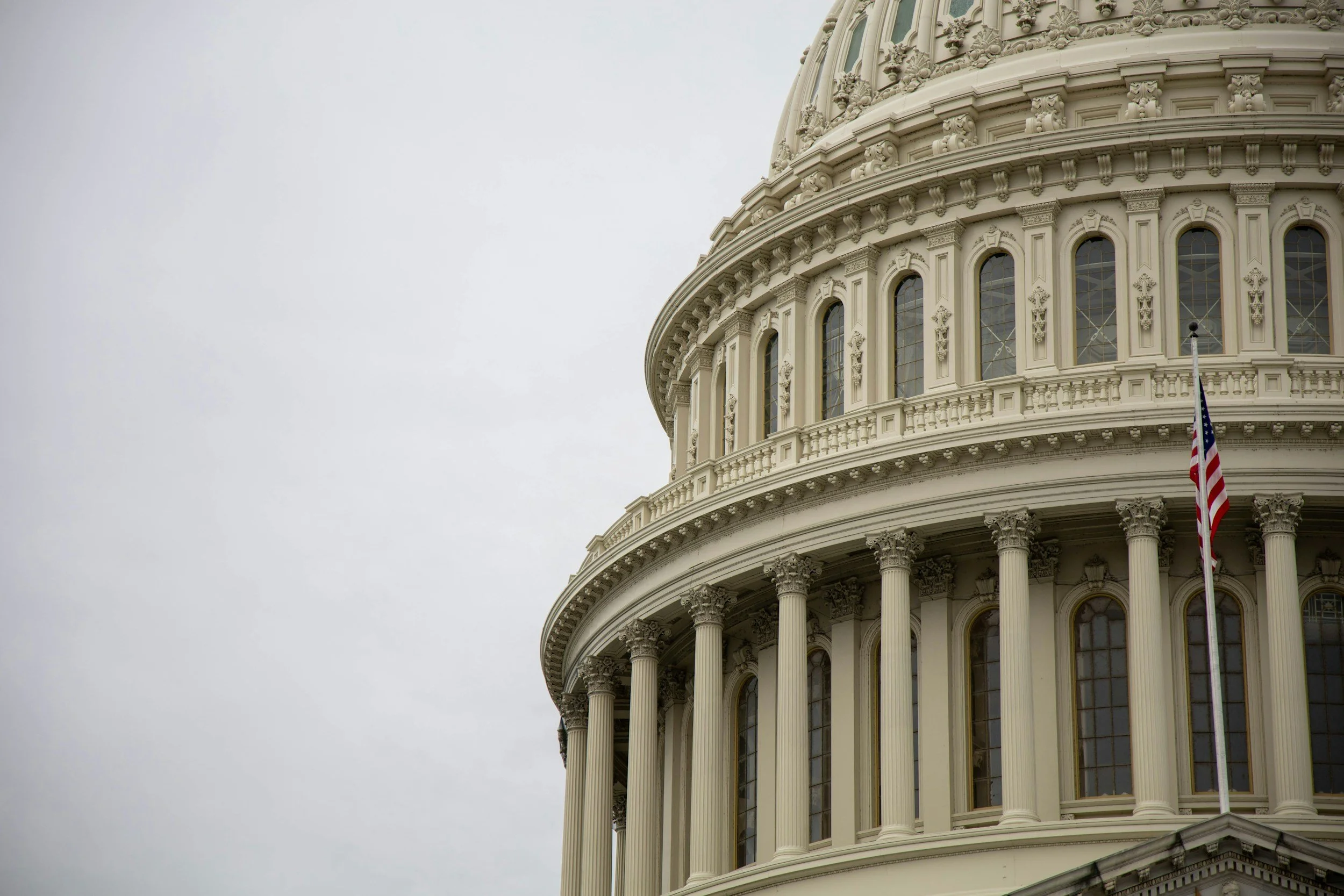Yemen
On December 30, 2022, the Department of Homeland Security (DHS) announced the extension of TPS for Yemen for 18 months, from March 4, 2023 through September 3, 2024, allowing existing TPS beneficiaries to retain TPS through September 3, 2024 as long as they continue to meet the eligibility requirements.
Existing Yemeni TPS beneficiaries wishing to extend their status must re-register during the 60-day re-registration period that goes from January 3, 2023 until March 4, 2023. In addition, because DHS is redesignating Yemen for TPS, more Yemeni nationals and individuals having no nationality who last habitually resided in Yemen can apply for an initial grant of TPS by registering between January 3, 2023 and September 4, 2024. New applicants must have been continuously residing in the United States since December 29, 2022. For more information on how to re-register for TPS or on how to apply for an initial grant of TPS and an Employment Authorization Document, applicants can visit USCIS’s principal TPS webpage as well as Yemen’s specific TPS USCIS webpage.
Somalia
On January 12, 2023, DHS announced the extension of Temporary Protected Status (TPS) for Somalia for 18 months, from March 18, 2023 through September 17, 2024. Existing Somalian TPS beneficiaries can retain TPS through September 17, 2024 as long as they continue to meet the eligibility requirements.
In addition, DHS is also redesignating Somalia for TPS. This means that more Somalian nationals as well as individuals having no nationality who last habitually resided in Somalia will be able to apply for an initial grant of TPS and an Employment Authorization Document. New applicants must have been continuously residing in the United States since January 11, 2023.
The 18-month extension and redesignation of TPS for Somalia will go into effect on the publication date of the forthcoming Federal Register notice. The Federal Register notice will provide instructions for applying for both extensions and initial grants of TPS and an Employment Authorization Document. Applicants are also encouraged to visit USCIS’s principal TPS webpage as well as Somalia’s specific TPS USCIS webpage.








